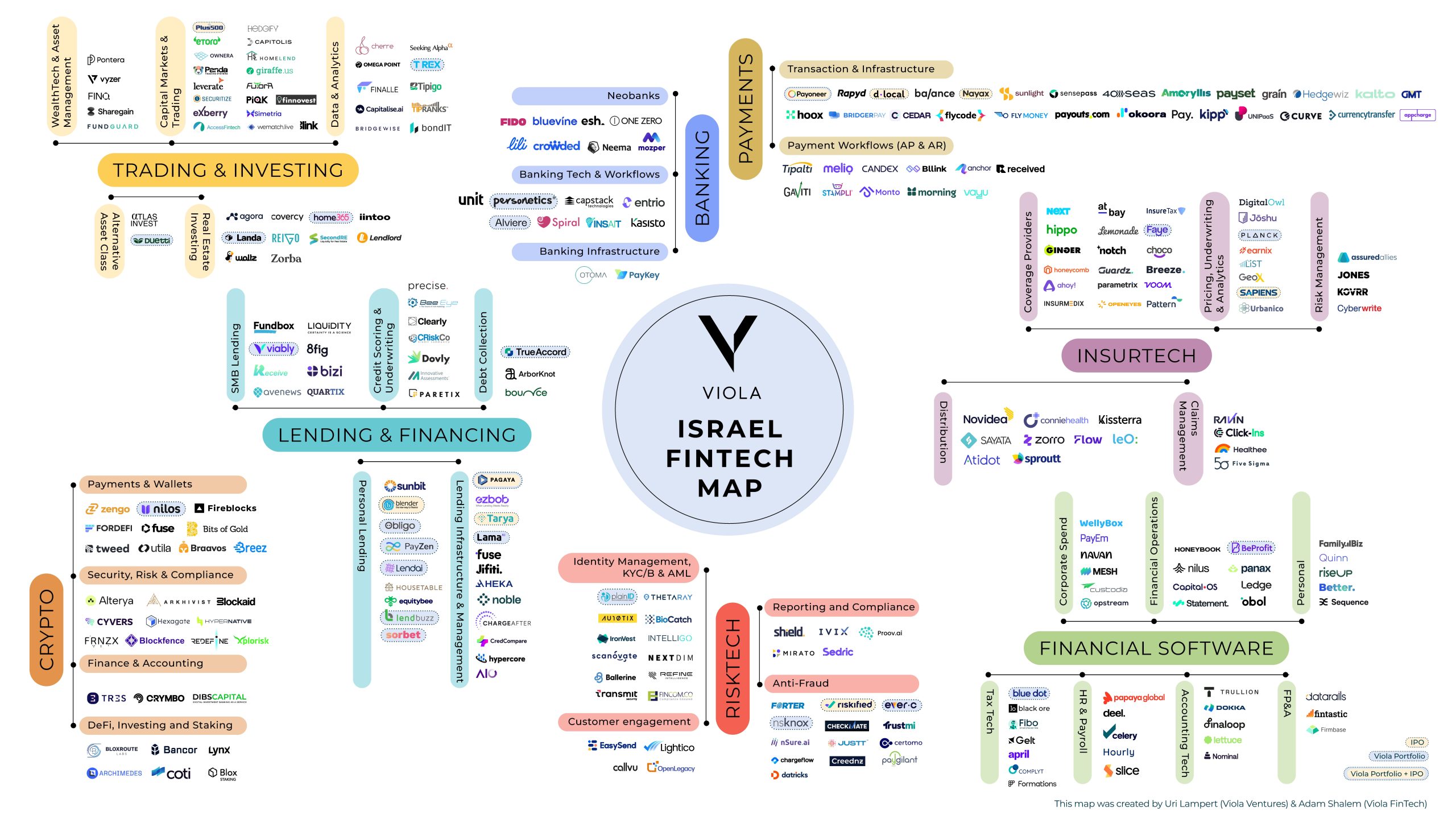Despite the overall pullback in venture funding and the turmoil of financial markets, financial services remained the leading sector globally for venture investments in 2022 and we believe that many of these challenges will directly lead to 2023 opportunities. Even with the fintech market adjusting to a higher cost of capital and a paradigm shift from growth-at-all-costs to profitability and margins, there are still significant profit pools to pull from and huge market caps to grow into.
Here are five of our predictions for growth and opportunity across the fintech sector in 2023:
Further expansion of vertical fintech
Fintech is “eating the world” proliferates way beyond finance. Now, it has the ability to disrupt nearly every vertical, from healthcare to music to travel, and ultimately provide a win-win scenario for all involved stakeholders.
We predict that fintech will continue establishing a presence in many legacy incumbent industries, including food, manufacturing, agriculture and real estate. These various verticals will likely introduce integrated financial products as new revenue streams and margin accretive measures, while also dramatically improving liquidity, capital, and inclusion.
PayZen, a Viola portfolio company which provides vertical fintech solutions to the healthcare industry, offers 0% APR and no fee payment plans to US healthcare patients. Considering that 23 million Americans have significant medical debts totaling $1,000 or more, PayZen gives them the option to pay their medical bills without accruing interest – delivering affordability and inclusion.
Prominent brands to launch neo banks
Consumer banking is in the midst of a revolution. The industry is shifting from being dominated by traditional institutions to favoring challengers/neo banks to personalized financial services embedded in our everyday flow.
In 2023, we predict that numerous prominent brands will introduce their own neo banks with a la carte offerings targeting their specific audience – checking, savings, credit cards, loyalty, payments, remittance, crypto, loans etc. As these companies have already established trust and engagement with large audiences, they’ll offer data-driven and personalized financial experiences in a B2B2C model.
One example from our portfolio is Alviere, which powers the new neo bank by Boost Mobile – from regulatory licenses to software stack to the mobile app itself. This creates a new revenue stream and retention impact for Boost and benefits the consumers by receiving personalized financial offerings catered to their needs.
Emergence of Insurtech 2.0
The initial wave of insurance technology companies focused on digitizing traditional products and distribution channels. With incumbents catching up, that’s not a sufficiently differentiated value proposition.
Now, with numerous exciting new data sources and emerging industries, insurtech companies are able to quantify risks in ways that simply weren’t possible before. We predict a second wave of insurtech leaders to emerge, driven by the capabilities of this new data. These insurance offerings will cover increasingly prevalent scenarios, including coverage for new risks facing businesses (e.g. cloud outages), coverage for hacking or account loss for influencers (a reinterpretation of workers’ comp.), comprehensive data-driven travel insurance (including health), and, coverage for last mile delivery drivers (including Amazon, Doordash, and more).
Already, we’re seeing Cowbell – a Viola company – offer customizable cybersecurity insurance for SMBs.
New wave of SMB-focused solutions
As we’ve seen in prior economic downturns, it’s likely that large financial institutions will deprioritize SMBs due to (1) their perceived risk; and (2) lack of understanding of their business models. This happens at the exact moment that SMB birth rates are peaking, repeating a pattern from prior financial crises. This presents a lucrative opportunity for fintech companies to establish a greater presence in this sector.
We predict an emergence of solutions for SMB finance in 2023. These will likely be highly tailored solutions designed to address the risks of SMBs that serve emerging markets, e-commerce players, influencers, digital nomads, and the gig economy.
In our own portfolio, we are already seeing Viably work with online merchants to manage their business finances by offering tailored banking, working capital financing, financial visibility tools and debit/credit cards.
Blockchain and crypto to rebuild
After multiple 2022 scandals that drove down activity, trust, and prices across the crypto market, companies that previously relied on transaction fees, served a niche market, or didn’t solve an urgent pain are at risk of shutting down.
We predict this market’s (probably temporary) fall from grace will cause the industry to shift into build mode and focus on intrinsic value, usability, security, and regulatory oversight. The underlying use cases of (1) transfer of value quickly, cheaply and securely; and (2) trustless execution of smart contracts remain very appealing.
Many companies will pivot towards more essential solutions, infrastructure development, business model adjustments, and a change in target market. In many ways, 2023 will be a survival of the fittest for blockchain and crypto.
Honorable mentions: AI/RPA and ESG innovation
This year, literally every company will face profitability pressures and will look for ways to reduce operational costs while simultaneously increasing efficiency, opening up opportunities for AI and RPA innovations. We’re especially interested in new solutions that leverage AI/RPA for areas such as finance and compliance as this is an underserved – and under-automated – yet significantly sizable and profitable market.
Additionally, both ESG and the carbon economy are undergoing a shift: employers and employees alike are more concerned about the ESG implications of doing business. As additional ESG policies are implemented around the world, organizations across sectors will be looking to fintech for new tools that help measure, monitor, and enforce such policies.
Rocky but optimistic
The market turmoil of 2022 forced multiple paradigm shifts in fintech.
However, we strongly believe that these theses hold water and will prove successful in 2023 and beyond.
Fintech, like many industries, needs to go back to fundamentals and building: true north being solving big problems in markets that matter.







